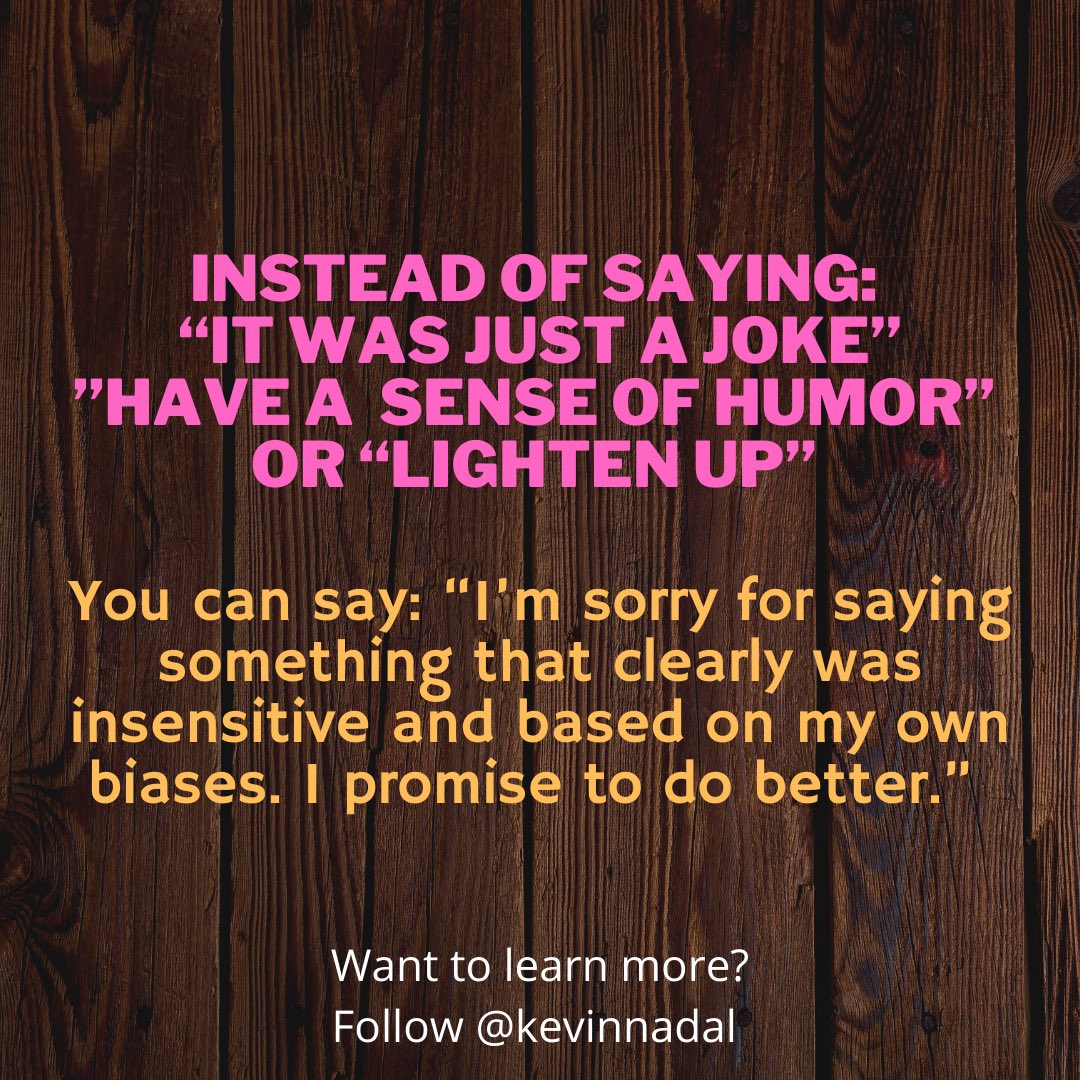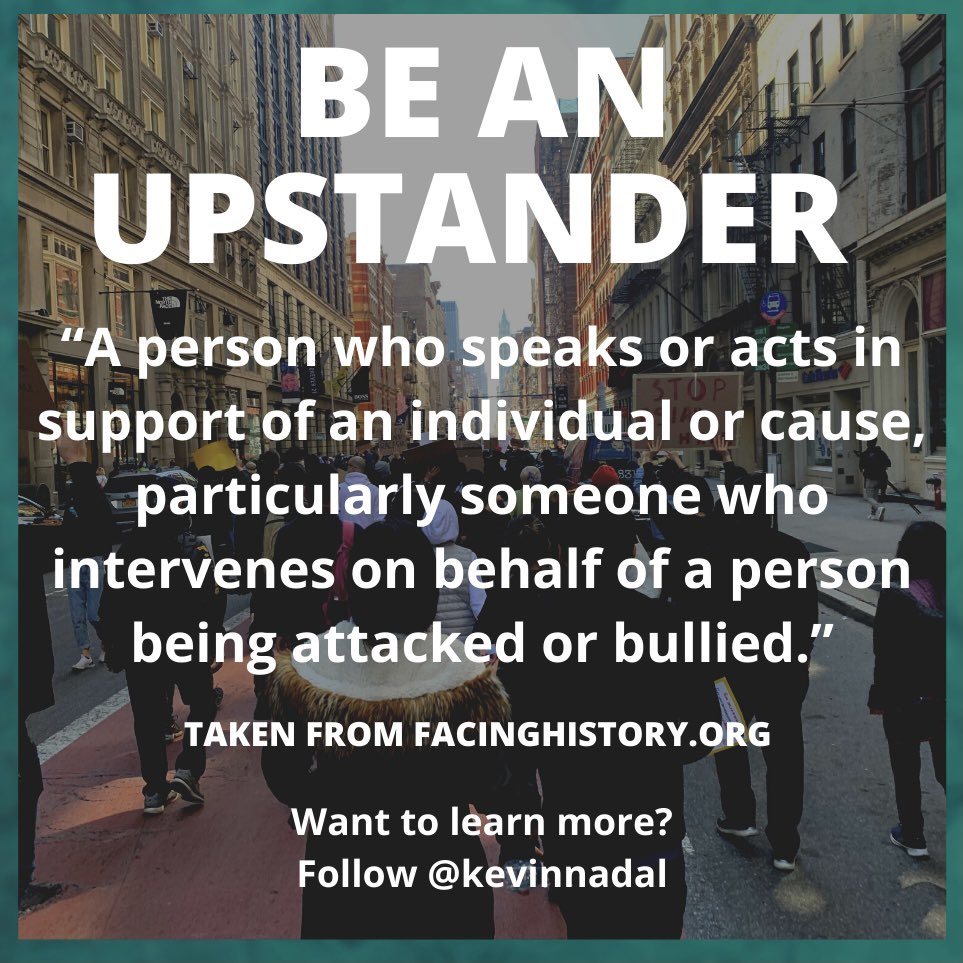
Now that we are almost halfway through #AAPIHeritageMonth, I genuinely hope you’ve been celebrating the true diversity of #AAPI communities - from Pacific Islanders to queer/trans AAPIs to #BrownAsians and more.
Today, let’s talk more about Brown Asian American Movement.

Today, let’s talk more about Brown Asian American Movement.


If you don’t know about the #BrownAsian movement, here’s an article I wrote in 2019 about its history and current context. It’s titled “The Brown Asian American Movement: Advocating for South Asian, Southeast Asian, and Filipino American Communities”.
aapr.hkspublications.org/2020/02/02/the…

aapr.hkspublications.org/2020/02/02/the…


May we all acknowledge the many dynamics that occur in #AsianAmerican communities - especially when certain groups’ experiences are centered and presumed as the norm or most authentic, while others are forgotten, marginalized, or treated as mere afterthoughts. 







And may we all fight for inclusion, visibility, representation, and equity for all #AAPI groups, including Pacific Islanders, Brown Asians, LGBTQ+ AAPIs, AAPIs with disabilities, undocumented immigrants, sex workers, Muslims, Sikhs, Hindus, Black AAPIs, indigenous AAPIs, & more. 



• • •
Missing some Tweet in this thread? You can try to
force a refresh
















